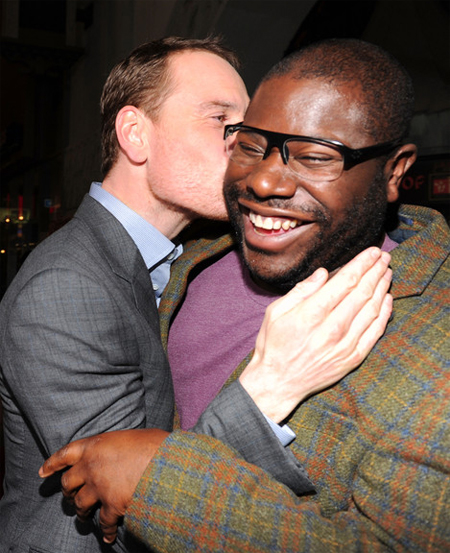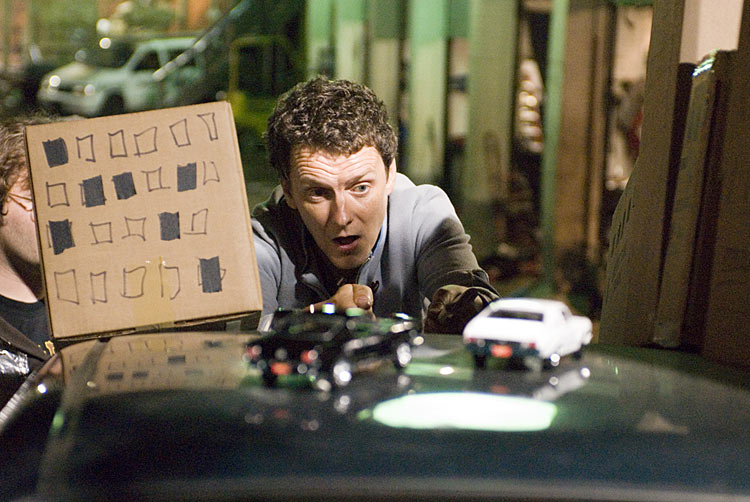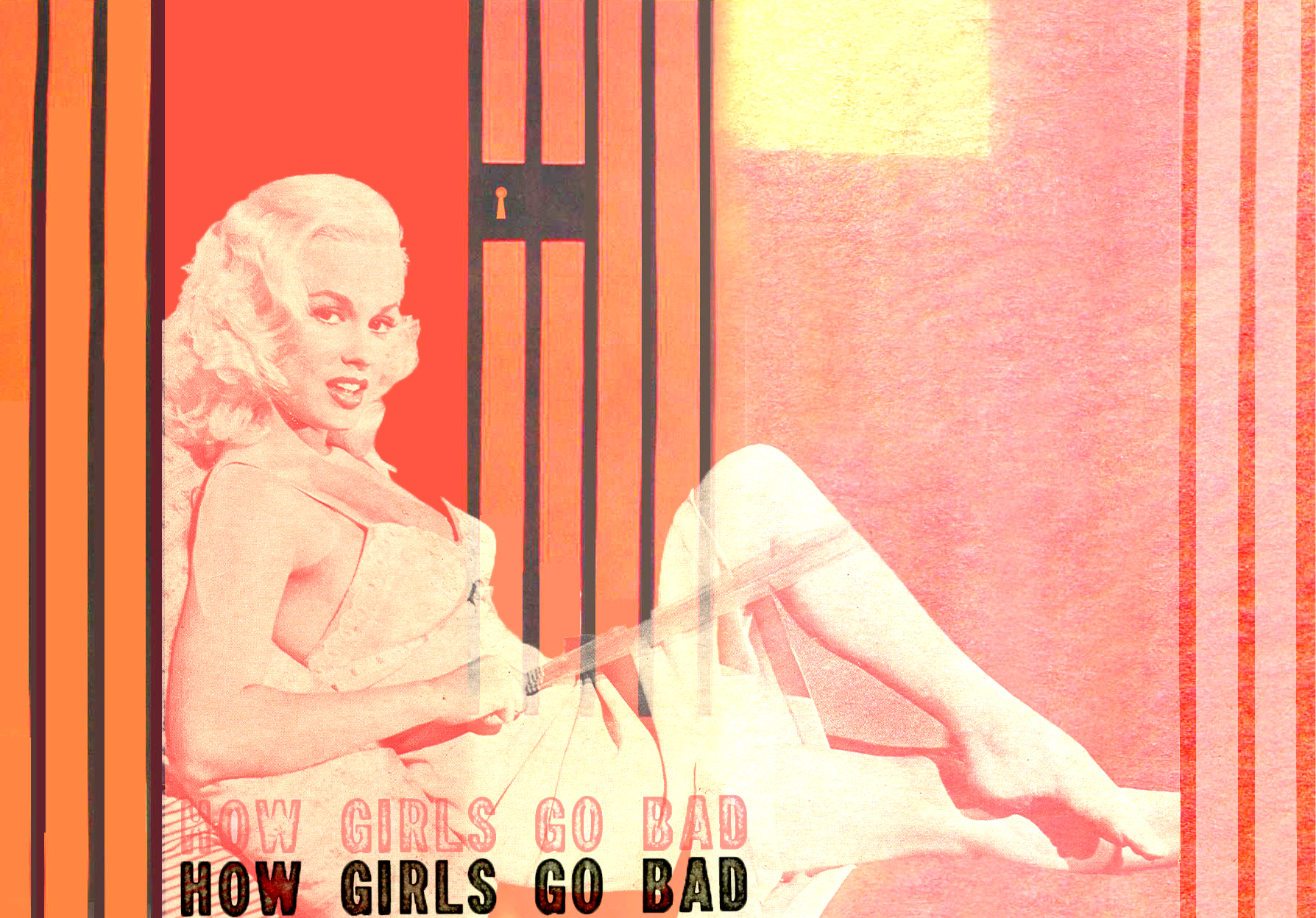Team FYC: Stories We Tell for Best Editing
 Thursday, December 5, 2013 at 2:00PM
Thursday, December 5, 2013 at 2:00PM In this series our contributors sound off on their favorite fringe contenders. Here's Jose Solis on "Stories We Tell" It's winning Best Documentary critics prizes but let's talk another category.
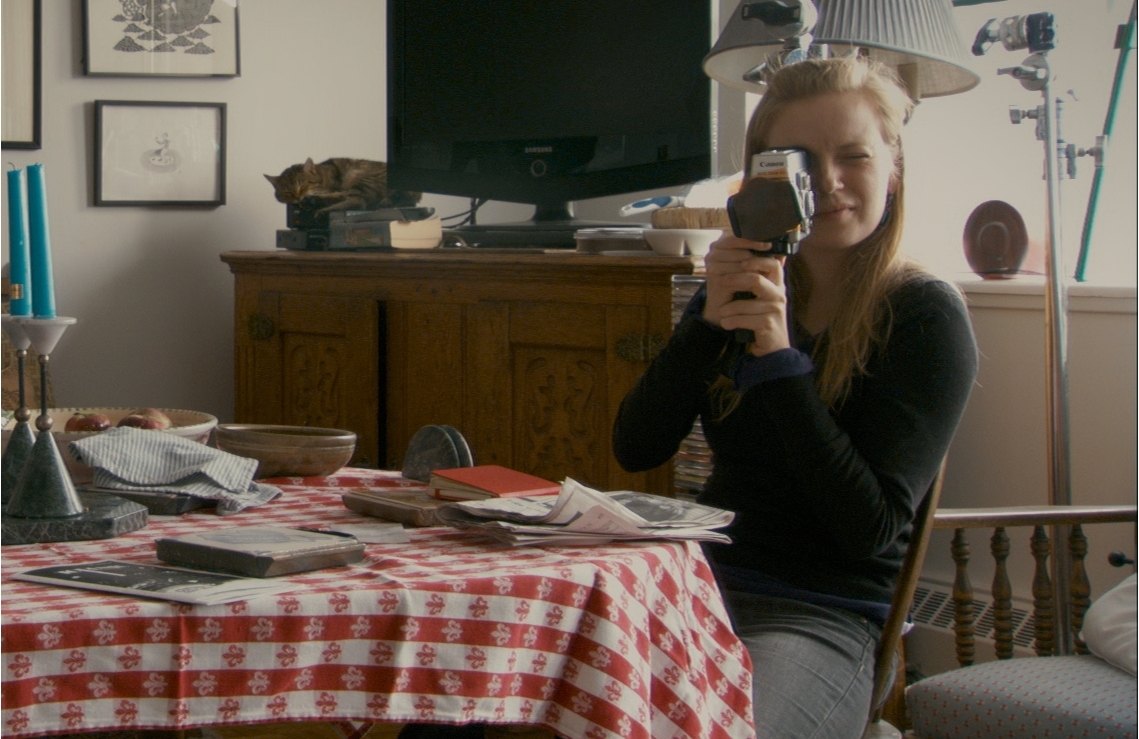
Sarah Polley’s brilliant Stories We Tell isn’t as much a “documentary” as it is a psychological thriller. As the film begins she teases you suggesting this will be a simple case of “let’s find the truth about my mother” kind of film, only to then pull the rug from under your feet and reveal that she’s not exactly interested in delivering a beautiful conclusion tied up with a pretty ribbon. Delivering more twists and turns than any other film this year, Stories We Tell owes much of its success to its byzantine editing (by Mike Munn), which takes us on what feels like an emotional roller coaster ride.
Earlier this year, I spoke to Polley who explained how and why this structure came to be:
[instead of going for a traditional linear structure] what if we’re revealing information that is from before this story starts and reveal it halfway through this story, so that it gives a whole new meaning to what we’ve seen and for me it felt like it would give the audience a sense that was similar to mine. You know you hit bottom and a trap door opens, then you hit bottom again and another trap door opens and you never really got solid ground under your feet, because the amount that you can learn about something and its context is infinite.”
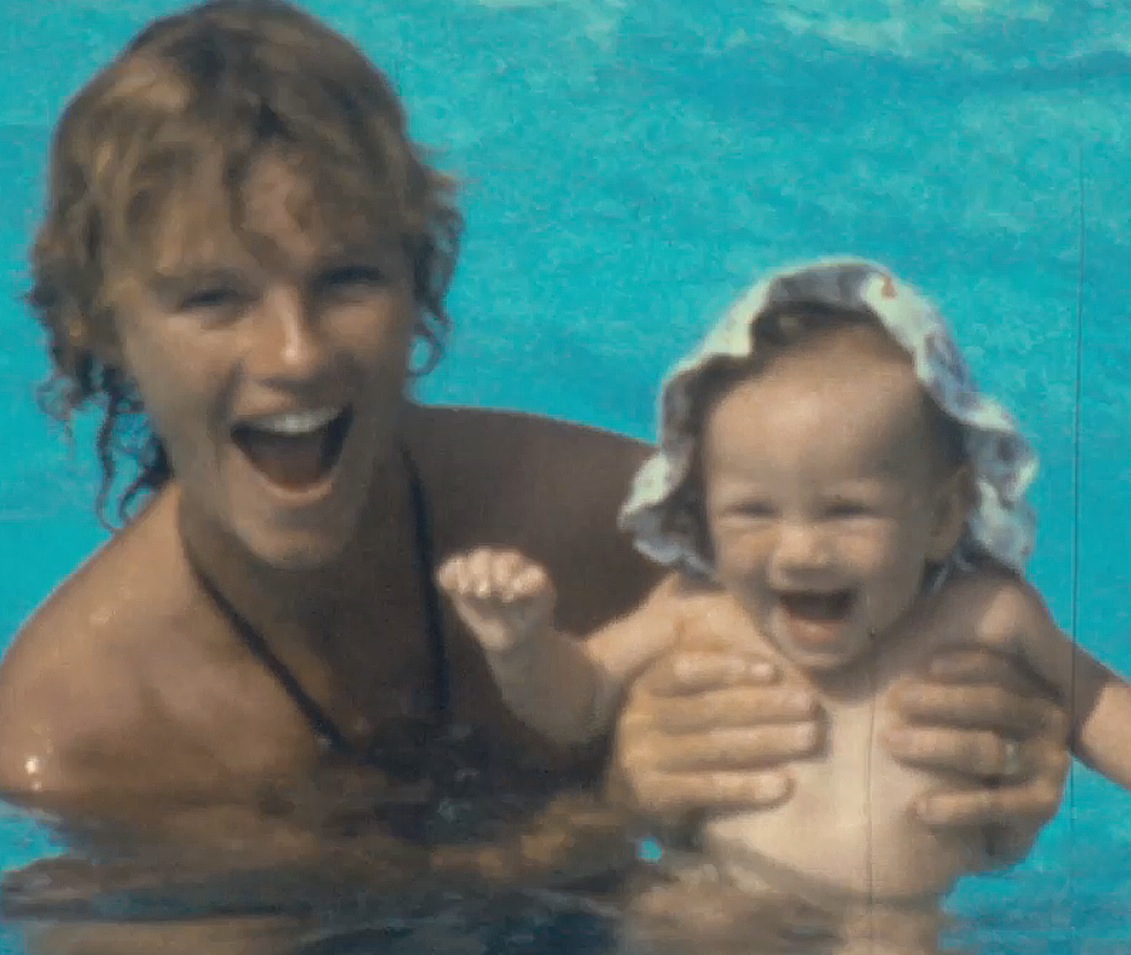 The fact that she wanted audiences to share her experience the same way she had lived it is admirable and humble, the fact that she pulled it off by reminding us that memory might very well be the essence of cinema is nothing if not brilliant.
The fact that she wanted audiences to share her experience the same way she had lived it is admirable and humble, the fact that she pulled it off by reminding us that memory might very well be the essence of cinema is nothing if not brilliant.
 FYC,
FYC,  Oscars (13),
Oscars (13),  Sarah Polley,
Sarah Polley,  Stories We Tell,
Stories We Tell,  documentaries,
documentaries,  editing
editing 




